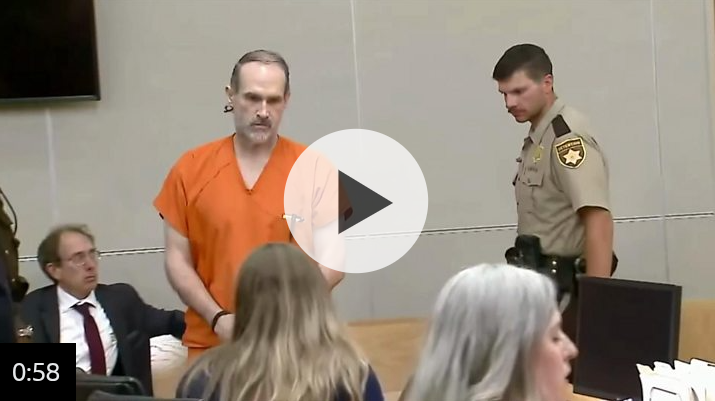President Trump Challenges Maine Governor Over Women’s Sports Policy
In a recent exchange, former President Donald Trump confronted Maine Governor Janet Mills regarding her stance on complying with an executive order aimed at restricting men from participating in women’s sports. Trump emphasized the importance of adhering to federal directives, particularly highlighting the NCAA’s swift compliance with the order. He directly questioned Governor Mills, asking if she intended to follow the mandate, to which she responded by asserting her commitment to upholding both state and federal laws. Trump, however, countered by reminding her that the executive order represented federal law and warned of potential consequences, including the loss of federal funding, if she chose not to comply.
Trump further argued that the majority of Maine’s population, despite its generally liberal leanings, supported the exclusion of men from women’s sports. He pointed out that even though he performed well in the state during his elections, the issue transcended political affiliations and resonated with public sentiment. The former president’s tone grew more assertive as he reiterated his warning, suggesting that non-compliance would not only jeopardize federal funding but also have long-term implications for Governor Mills’ political career. His remarks hinted at a belief that her resistance could diminish her prospects in future elected offices.
Governor Mills, however, remained steadfast in her position, responding succinctly with, “See you in court.” This retort signaled her readiness to challenge the executive order through legal avenues, reflecting her confidence in the judicial system to address the matter. Trump, unfazed by her response, welcomed the prospect of a legal battle, expressing optimism about the outcome. He concluded the exchange with a pointed remark about her post-gubernatorial future, implying that her political career might suffer as a result of her defiance.
The confrontation underscores the ongoing national debate over gender inclusivity in sports, a topic that continues to polarize communities and policymakers alike. Trump’s insistence on enforcing the executive order highlights his administration’s broader efforts to address what he perceives as fairness and integrity in women’s athletics. Meanwhile, Governor Mills’ refusal to comply reflects a commitment to her state’s values and legal principles, setting the stage for a potential legal showdown that could have far-reaching implications for similar policies across the country.
This exchange not only sheds light on the tensions between federal mandates and state autonomy but also raises questions about the role of public opinion in shaping policy decisions. As the debate unfolds, it remains to be seen how the courts will navigate the complex intersection of gender, sports, and federal authority. The outcome of this dispute could set a precedent for future conflicts between state and federal governments, making it a pivotal moment in the ongoing conversation about equality and fairness in competitive sports.



